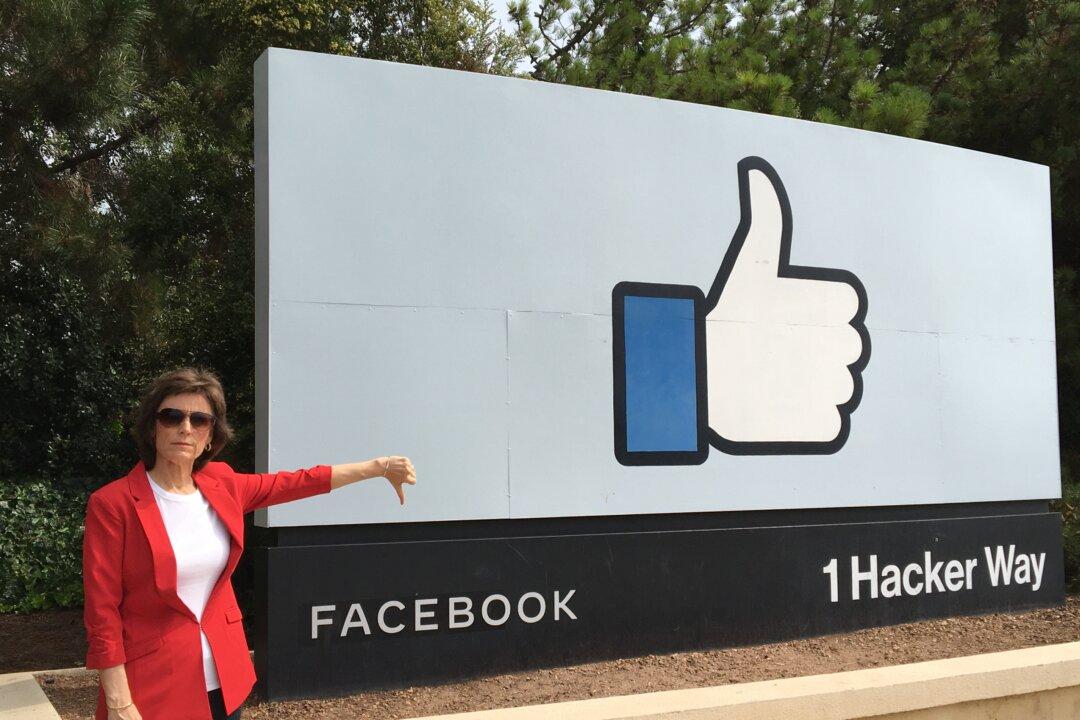Fake reviews, for everything from doctors to pool contractors, are one of the fast-growing black markets in the United States with anti-disinformation giants like Facebook being accused of hypocrisy when it comes to fixing the problem.
Fueling the controversy are allegations of similar double standards against the very government agency charged with enforcing laws against the illegal practice.




